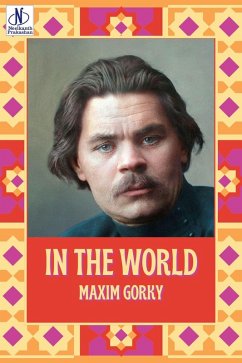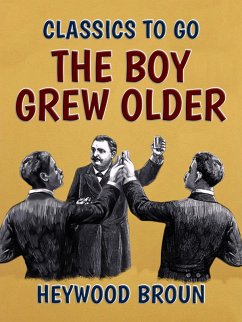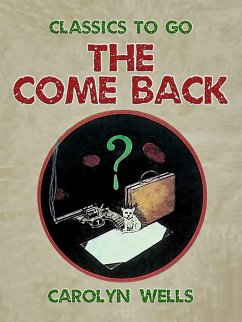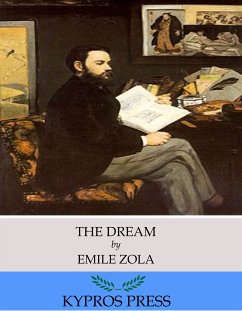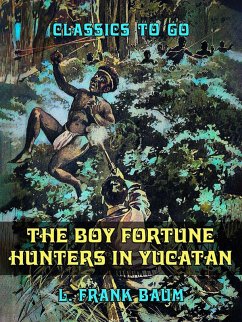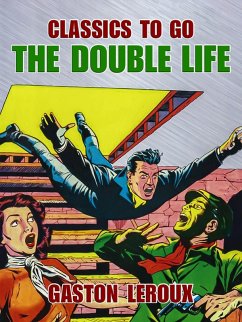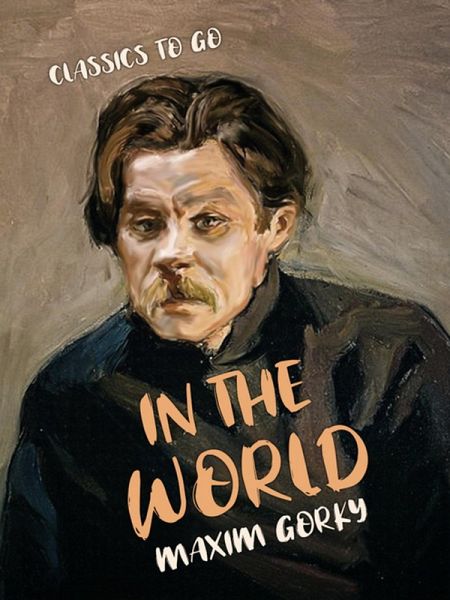
In the World (eBook, ePUB)

PAYBACK Punkte
1 °P sammeln!
Maxim Gorky, pseudonym of Alexei Maksimovich Peshkov, Soviet novelist, playwright and essayist, who was a founder of social realism. Although known principally as a writer, he was closely associated with the tumultuous revolutionary period of his own coun
Dieser Download kann aus rechtlichen Gründen nur mit Rechnungsadresse in A, B, BG, CY, CZ, D, DK, EW, E, FIN, F, GR, HR, H, IRL, I, LT, L, LR, M, NL, PL, P, R, S, SLO, SK ausgeliefert werden.




